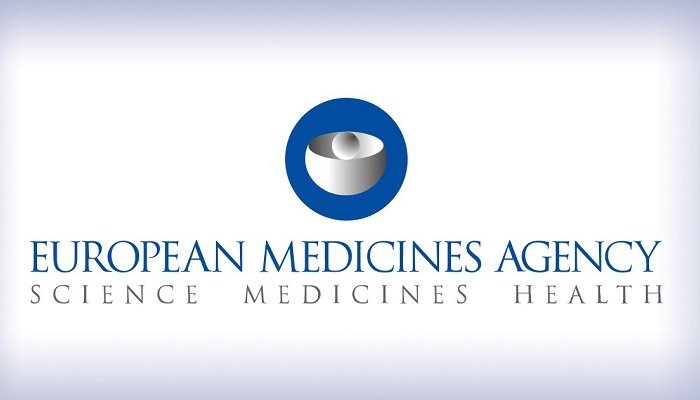The European Medicine Agency’s (EMA) new published document has gone on to make ten recommendations and has also sketched out good practises to make sure of continuity when it comes to the supply of medicines for humans, safeguard the shortages, and also lessen the impact.
As per the EMA, medicine shortages happen to be a global health challenge and are increasingly having an effect on European countries. These shortages can often lead to the rationing of medicine and critical treatment delays, which can also mean that patients may as well have to make use of less effective options and thereby face the risk of surging medication errors.
The EMA guidance for the industry so as to prevent as well as protect medical shortages paves out the responsibilities of the stakeholders in the supply chain of medicines to prevent as well as manage the medicine shortage.
There are recommendations that have been made for the marketing authorization holders, distributors, wholesalers, and manufacturers to lessen the shortage of medicines and the impact they are going to have. The major recommendations include:
- Letting national competent authorities know the potential or actual shortage of medicines as quickly as they can and also help with detailed information so as to better forecast the probable impact and also execute measures of prevention.
- Putting in place robust plans pertaining to shortages and prevention.
- Improving pharma quality systems and elevating resilience when it comes to complex supply chains.
- Timely and efficient communication between numerous stakeholders within the supply chain.
- Standardised and general principles so as to promote equitable and fair distribution of drugs.
As per the document, there is a requirement to enhance the notifications when it comes to potential as well as actual shortages, which includes the earlier submission of notifications in advance of the shortages that are potential and elevating the accuracy of the details that are provided so as to maximise the options to safeguard the shortages from being realised or even limiting the impact they might have had.
All this also calls for actions so as to address the issue when it comes to preventing shortages and further lessening the impact.
The guidance was brought into the picture by a collective working group that focused on the availability of medicines that are authorised and has been set up by the heads of medicine agencies as well as the EMA. It is well worth noting that the EMA as well as the HMA task force presented the document at a workshop that involved multiple stakeholders.



















